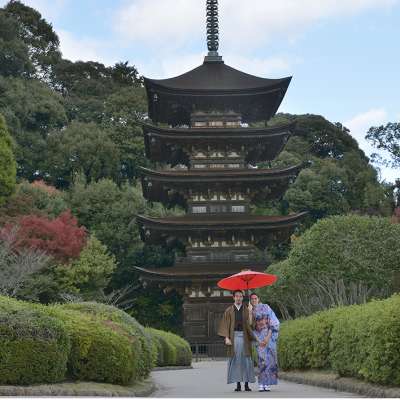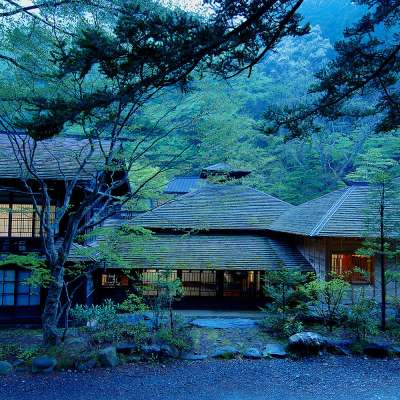-
- 简体中文
- 繁體中文(香港)
- 繁體中文(臺灣)
- India (English)
- Bahasa Indonesia
- 한국어
- ภาษาไทย
- Tiếng Việt
- Singapore (English)
- Philippines (English)
- Malaysia (English)
- Australia/New Zealand (English)
- Français
- Deutsch
- Italiano
- Español
- United Kingdom (English)
- Nordic countries(English)
- Canada (English)
- Canada (Français)
- United States (English)
- Mexico (español)
- Português
- العربية
- Japan(日本語)
- Global (English)
-
Destinations
-
Things to Do
-
Plan Your Trip
-
Articles
- JAPAN Monthly Web Magazine
- Tradition
- Arts & Cultures
- Cuisine
- Nature & Outdoor
- Shopping
- Relaxation
- Festivals & Events
- All
- Insider Blog
- Things to do
- Local Guides
- Outdoor
- Food & drink
- City life
- Culture
- Traditional
- Adventure
- Consumer
- All
Use the
Planning a Trip to Japan?
Share your travel photos with us by hashtagging your images with #visitjapanjp
Ibaraki Flower Park
HOME > Japan’s Local Treasures > Ibaraki Flower Park
Enjoy the beauty of roses and feel nature with your five senses
Ibaraki Prefecture

Less than an hour and a half drive from the central Tokyo area, in Ishioka City, is the charming Ibaraki Flower Park, where over 900 different kinds of roses and various other seasonal flowers welcome visitors all year round over an extensive area of about 30 hectares. Beautiful and elegant, roses are the signature flowers of Ibaraki Flower Park and also the prefectural flowers of Ibaraki.
The best period to visit Ibaraki Flower Park is in early summer and fall, when the roses are in full bloom. Must-see areas include the Rose Terrace, the Rose Palette, where roses are arranged by color, the Aromatic Roses, where roses are arranged by scent, and the Rose Tunnel. Let yourself be captivated by the roses’ vibrant colors and rich aroma. Making a simple stroll through the park is a truly mesmerizing experience.

Flower parks, in general, tend to focus solely on visual beauty, and Ibaraki Prefectural Flower Park, established in 1985, was initially no exception to this concept. However, the park underwent an extensive renovation to allow visitors the opportunity to dive more deeply into the wonders of flowers and plants. As a result, it reopened in 2021 under the concept of becoming “a flower park that engages all the senses.” Now the park is home to a full range of culinary, shopping, and lodging facilities, including the unique Circle Lodge building and glamping-style tents. Hands-on creative experiences, such as herb and aroma mist making and botanical wreath making, will make your visit even more enjoyable.

How to get there
From Tokyo Station, take a limited express train to Ishioka Station (about 1 hour), then take a bus and get off at "Flower Park Mae" bus stop (30 minutes).
200 Shimoaoyagi, Ishioka-shi, Ibaraki-ken
Links
More Information
Kanto Region | JNTO Official Website
Ibaraki Prefecture | JNTO Official Website
Recommended article
- Home
- Japan’s Local Treasures
- Ibaraki Flower Park








































































